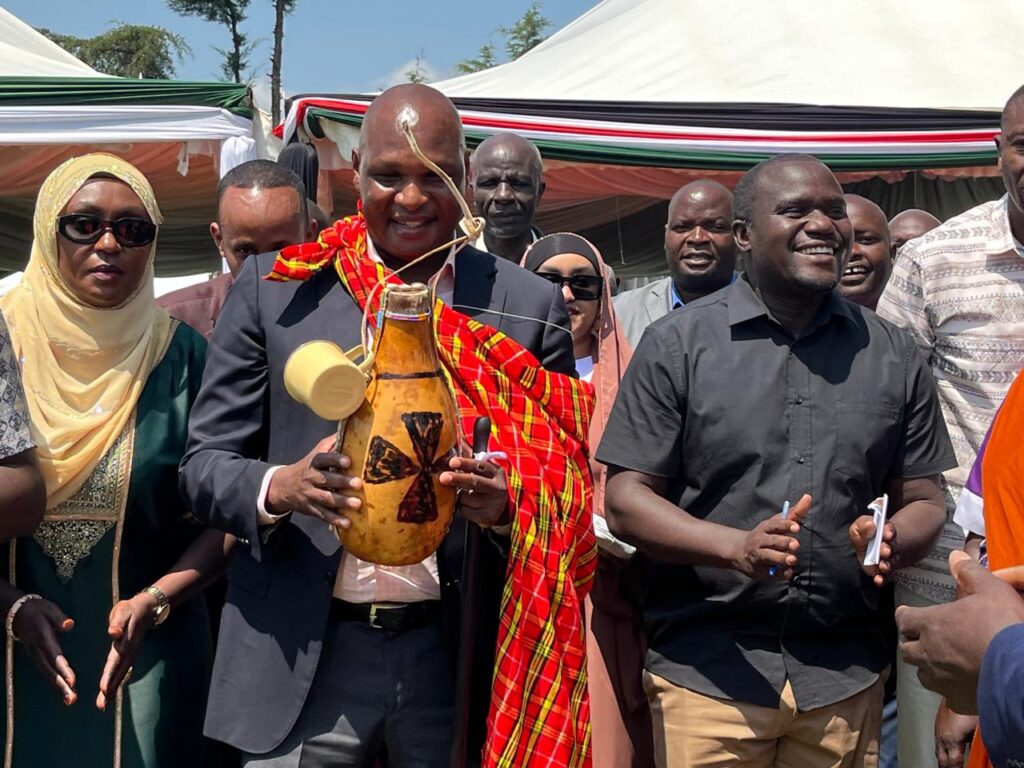President William Ruto’s long-time aide, Farouk Kibet, has strongly criticised a section of the opposition leadership, accusing them of fuelling tribal and divisive politics for selfish political gains. Speaking during a church fundraiser at Elgon Estate Primary School in Turbo Constituency, Kibet called for an end to ethnic-based political narratives, warning that such approaches threaten the country’s hard-earned peace and national cohesion.
“It’s unfortunate when some leaders choose to play the tribal card for selfish political gains constantly. We must rise above that and focus on building a united nation,” Farouk said to an attentive audience of church leaders, youth, and local residents.
Kibet reaffirmed that President Ruto enjoys support from Kenyans across all regions, not because of his ethnic background, but because of his leadership capabilities and development agenda.
“All Kenyans backed the President because they saw his ability to lead, not his background. We should continue to support his efforts to transform our country,” he added, highlighting Ruto’s ongoing national development projects and his inclusive approach to governance.
In a stern message to unnamed opposition leaders, Kibet condemned what he described as “exporting negative narratives abroad,” stating that such conduct undermines Kenya’s global image and national interest.
“Anyone who disrespects their nation on foreign soil does not deserve to lead. Such behaviour is irresponsible and shameful,” he remarked, seemingly referencing recent opposition engagements with foreign entities.
The presidential aide further appealed to the youth to remain focused, respectful, and disciplined, especially during the ongoing school holidays. He underscored the importance of good conduct among young people, positioning them as future custodians of the nation’s peace and unity.
His remarks come amid heightened political tensions, with various leaders trading accusations over the direction of national politics. As the country navigates through economic and political challenges, Kibet’s call served as a reminder of the need for unity, responsibility, and visionary leadership.

